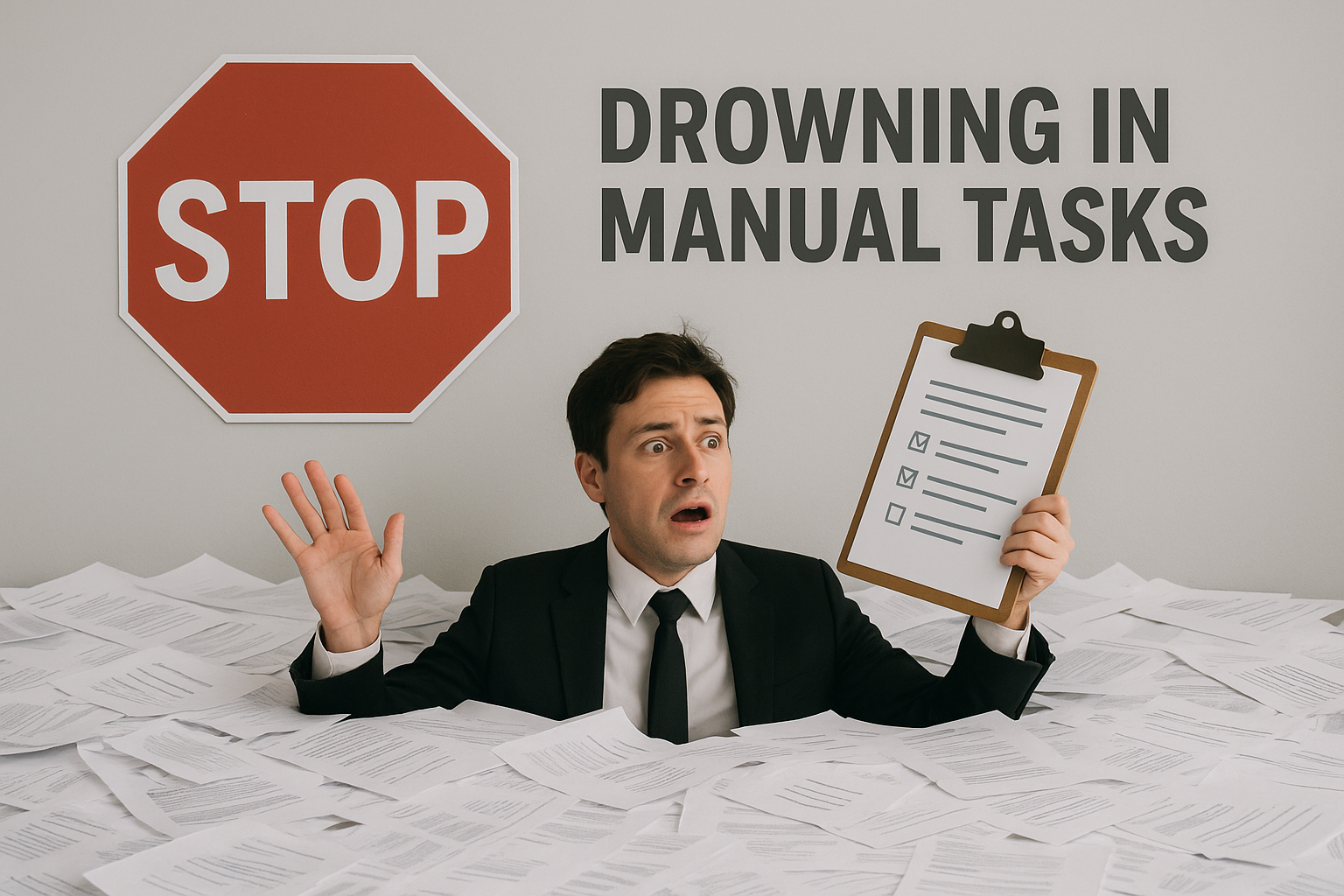 Regardless of what type of business you are planning – be it an online or home business, or a start-up with grand plans for expansion, it is easy for a fledgling business to be swept up in the excitement of the early days, while neglecting some of the less compelling factors that are essential to success. We take a closer look at the essential financial and tax factors to get your business off the ground and keep it running.
Regardless of what type of business you are planning – be it an online or home business, or a start-up with grand plans for expansion, it is easy for a fledgling business to be swept up in the excitement of the early days, while neglecting some of the less compelling factors that are essential to success. We take a closer look at the essential financial and tax factors to get your business off the ground and keep it running.
The top reasons small businesses cease trading are due to under-capitalising, poor cash flow management, and failing to undertake adequate market research. Whilst there is a lot of helpful information online, nothing replaces getting expert advice on how all the facets of the business will interact – from financing, tax management, supply chain costs, and market fluctuations.
Before starting your business talk to us about the following:
Running a financial health check
Prior to seeking investment, taking out a loan, or redrawing against an existing mortgage or other loan, it is important to have a clear picture of your financial status. Do you have debts? What are your living expenses? What about personal spending? How much do you spend on eating out, travelling, and discretionary purchases? What are you prepared to go without to budget for a leaner life? We can help you take stock and then plan.
Researching financing options
There are a variety of finance sources available: such as bank loans, credit cards, public donation platforms – crowdfunding, angel investors, venture capitalists, lump sums for redundancy payments or inheritance, and borrowing from family or friends. All of these options have different pros and cons in relation to costs (eg, for a credit card) and risk (eg, putting your house up for security). It is wise to choose carefully as your choice of funding will have an impact on your personal finances now and down the track.
Up and running?
Once you have established the business we can help you to manage the following:
Taxes
There are a number of costs that are tax deductible when you set up a business, including a number of incentives to help small businesses, but these will vary depending on your circumstances.
Capital costs
A capital cost is incurred where you purchase an asset that allows you to produce income. It could take the form of buying equipment, but it could also be costs for creating an e-commerce platform. Such costs are not usually tax deductible, unless they can be depreciated over a number of years, or if you qualify for the simple depreciation rules for small business. For instance, if your business has a turnover of less than $10 million you can instantly write off assets costing less than $20,000 each, which means an instant boost to your cash flow.
If you purchase an asset worth more than $20,000, you are able to place the cost in the "small business general pool" to claim depreciation over time. Whilst you don't get money back instantly, it can benefit you in that depreciation rates for the pool are generally higher than the rates for individual assets. And, if the value of the pool drops below $20,000 you can claim it as an instant write off.
Note: Capital costs of educational course fees are not eligible for deduction because the qualification was required to set up the business, eg, to train as a doctor, or to become a fitness instructor.
Fees and other costs
You can also claim the following:
- lawyer and accountant fees for professional advice on starting a new business;
- government fees paid in the formation of the business structure, ie ASIC;
- insurance;
- borrowing fees and other costs associated with setting up the business structure, aside from government fees, can be claimed as a tax deduction over a five-year period.
If your business meets the annual turnover test of $20,000, and the start-up and the running costs are higher than your income, the loss may be deductible against other income you earned in the financial year.
GST and funding sources
Financing sources also have different indirect tax implications. For instance, crowdfunding – most commonly used by start-ups who need seed capital – is gaining popularity in Australia. The GST treatment of crowdfunding for a promoter operating in Australia may vary according to the following factors:
- the model adopted and what supplies (if any) are made to the funder;
- whether the promoter is registered for GST, or required to be registered;
- whether the promoter makes supplies that are connected with Australia; and
- whether the funder is in Australia.
Providing a service?
Are you running a personal service business (PSB), or earning personal service income (PSI), or both? These attract different tax rules and it's essential that you know which rules apply, but identifying your PSI/PSB status accurately can be complex.
Hiring employees?
If you are considering hiring staff you will be responsible for meeting a number of obligations, such as:
- withholding of taxes from wages and reporting and paying these amounts to the ATO;
- pay superannuation for eligible employees (including contractors in some circumstances);
- register, report and pay fringe benefits tax (FBT) if you provide your employee with fringe benefits, (eg, car, travel, or meal expenses) which are paid to employees as part of, or in addition to, their wages.
Want to find out more?
There are naturally many other factors to consider when starting your own business, but we can help you to build a sustainable enterprise by taking care of those, less exciting but critical elements, leaving you to focus on future plans.
Please get in touch with us to discuss your individual circumstances.
Call us at Robert Goodman Accountants on 07 3289 1700 or email us at
reception@rgoodman.com.au
.
© Copyright 2017. All rights reserved. Source: Thomson Reuters.
Brought to you by Robert Goodman Accountants









